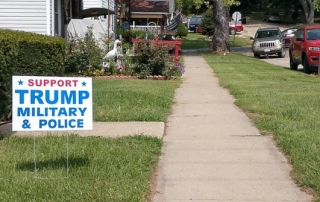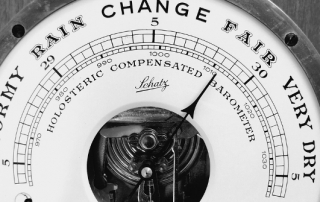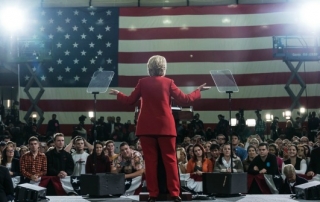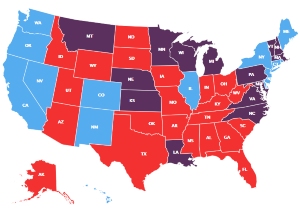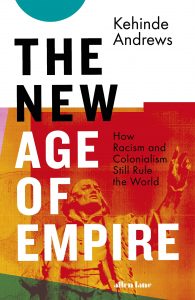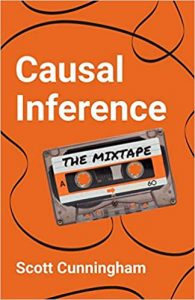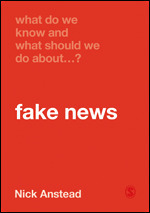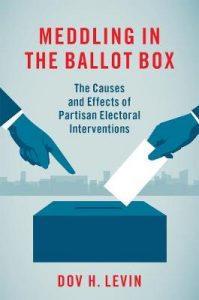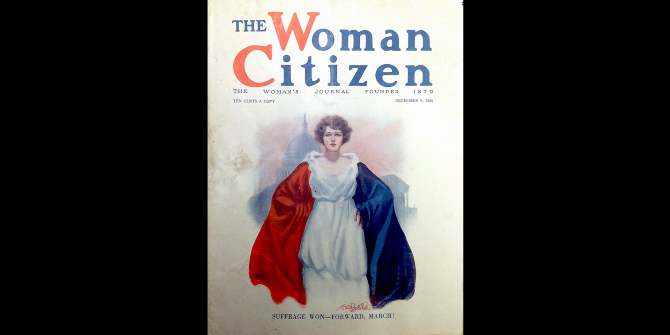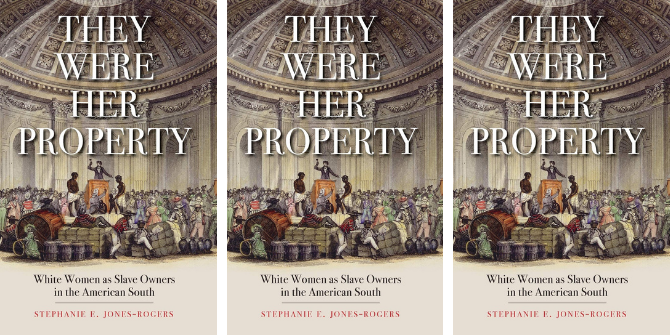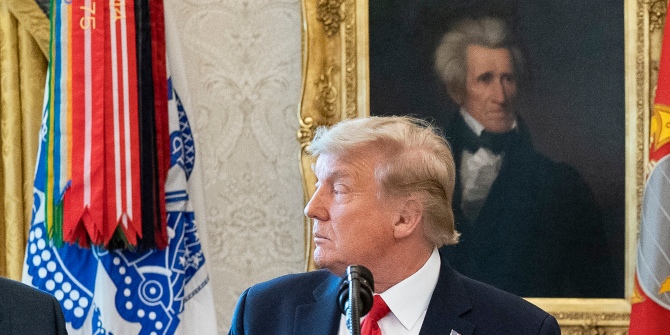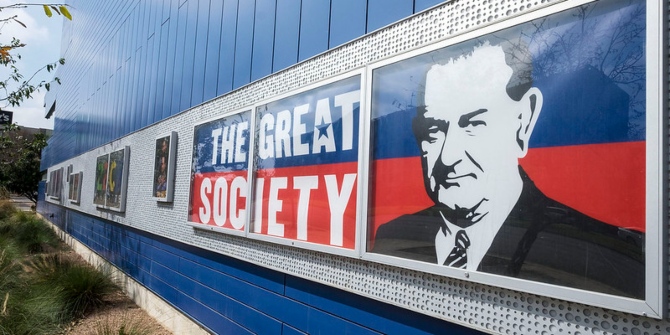Asking people in each state who they think will win suggests that the presidential election may be very close.
In new survey research, Andreas E. Murr and Michael S. Lewis-Beck asked people in each of the 50 states and Washington DC who they thought would win their state in the presidential election. Adding up their raw data, their survey suggests that President Trump will win re-election next week with 320 electoral votes to 218 for former Vice President, […]

